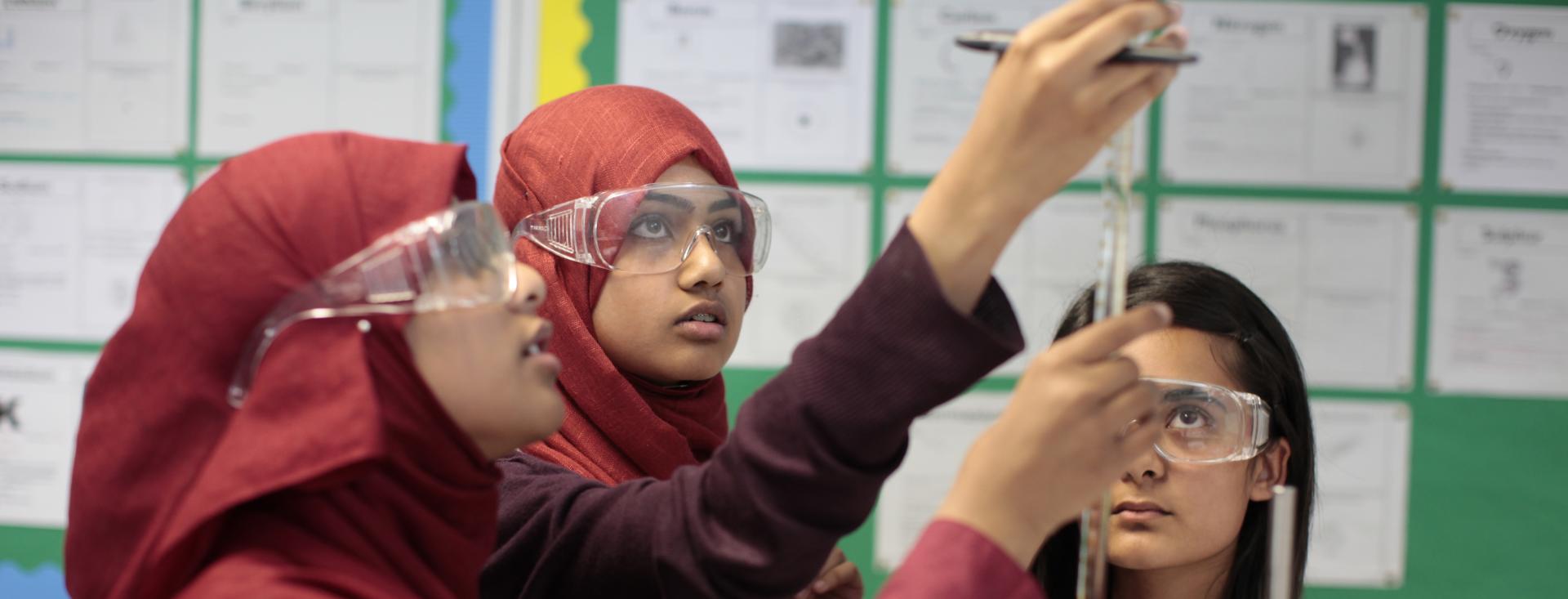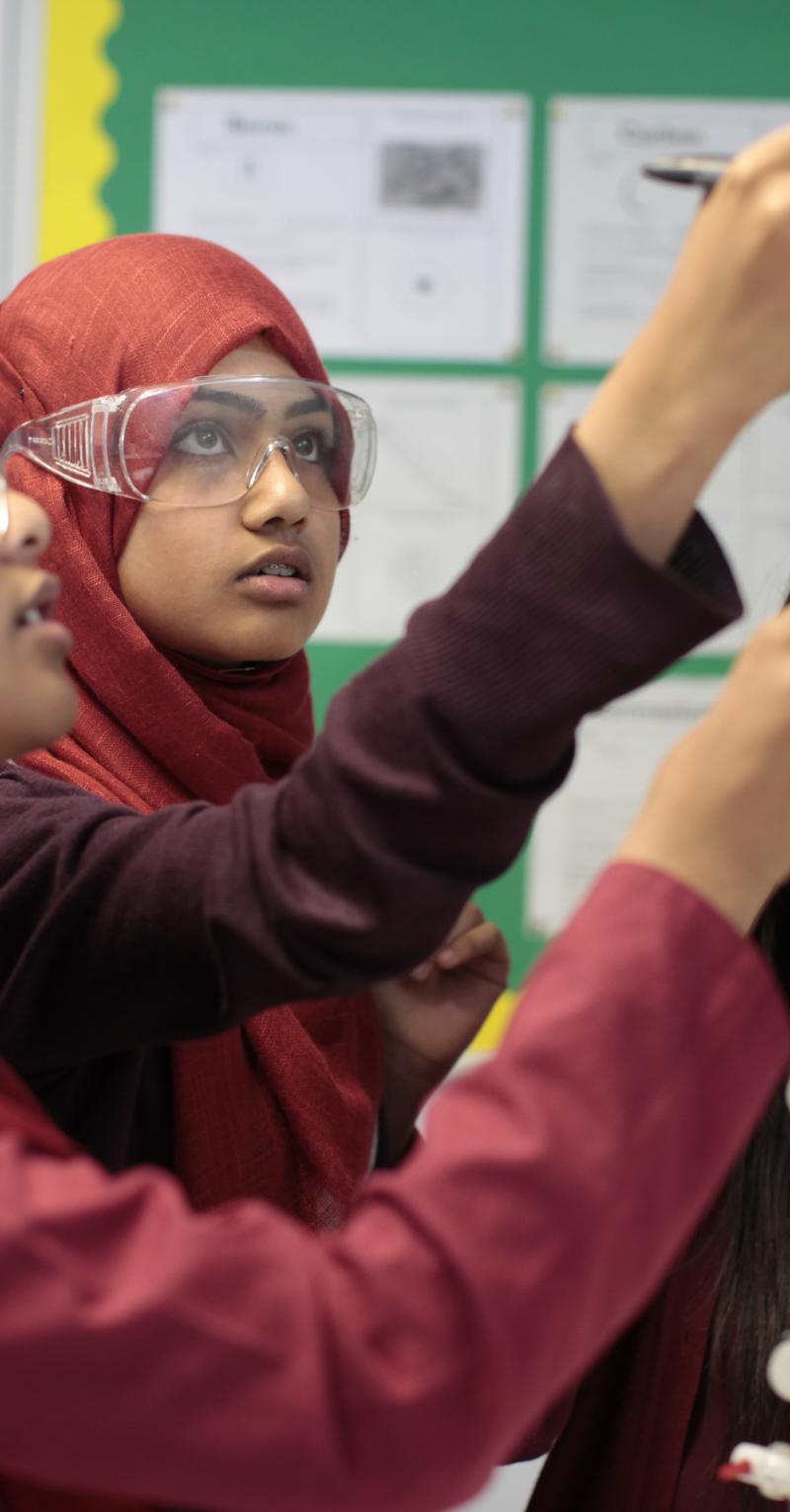Resources
Everyone has a role to play in supporting girls to become empowered, access education for better life outcomes, and thrive. Teach For All is committed to supporting the global network to identify and address the barriers that keep girls from learning and fulfilling their potential through our Girls’ Education initiative. Learn more about gender equity, the issues facing girls around the world, and more in this curated library of resources:
Girls' Education
Adolescent Girls Empowerment Program
A report on a program designed to help vulnerable girls in Zambia avoid early marriage, sexually transmitted infections, and unintended pregnancy. As it was not impactful, it stresses the need to address underlying economic and social constraints.
Girls' Education
Building Resilience and Resistance to Child, Early, and Forced Marriage Through Acquiring Skills
Research conducted in Northern Nigeria that found that acquiring vocational skills alone was not enough to empower girls or form the basis of an alternative to early marriage. It recommends a holistic program incorporating life skills and counseling.
Girls' Education
A Practical Guide to Measuring Women's and Girls' Empowerment in Impact Evaluations
A guide for monitoring and evaluation practitioners, researchers, and students who are interested in learning how to measure women’s and girls’ empowerment in an impact evaluation. It has examples of survey questions and non-survey instruments.
Girls' Education
Paying for Education Outcomes at Scale in India
A study on how India is playing a leading role in its use of innovative financing for development with impact bonds, an outcome-based financing structure. It outlines key lessons to be drawn for their application to education.
Girls' Education
Why Do Parents Invest in Girls’ Education? Evidence from Rural India
An article on girls in rural Rajasthan, India frequently dropping out early and marrying young. The researchers interviewed parents in a culturally sensitive manner and found that policies that help girls stay in school can prevent early marriage.
Girls' Education
Gender Sensitive Sanitation: Opportunities for Girls’ Education
An article on the need for gender sensitive sanitation, including clean, safe, and separate toilets with access to water and garbage disposal. It highlights the lack of attention and access to quality menstrual hygiene management (MHM) in schools.

